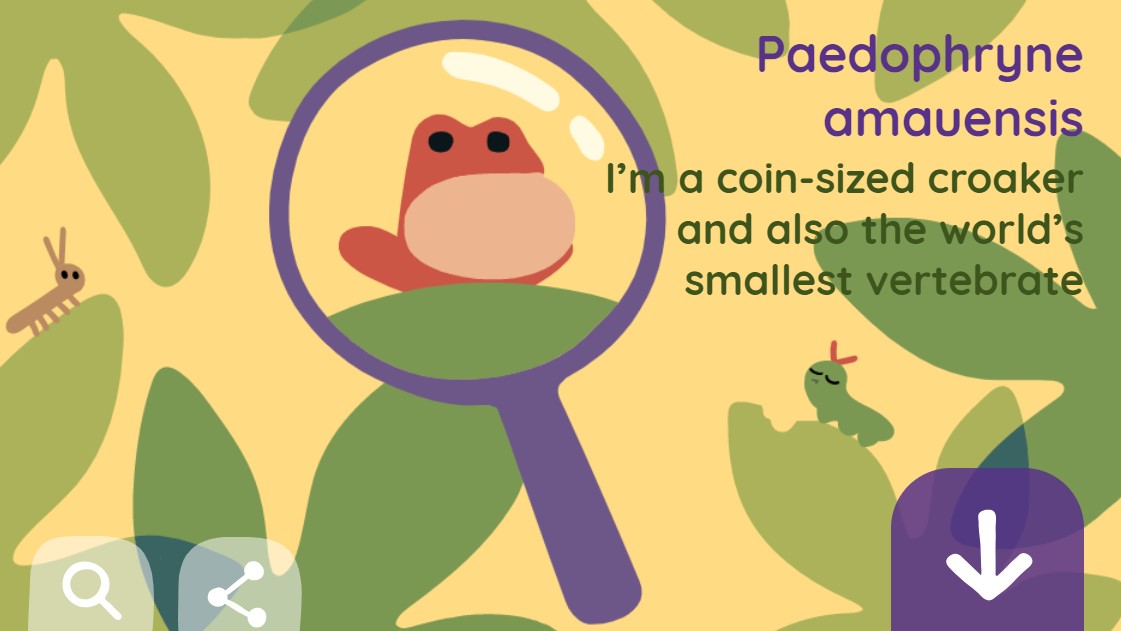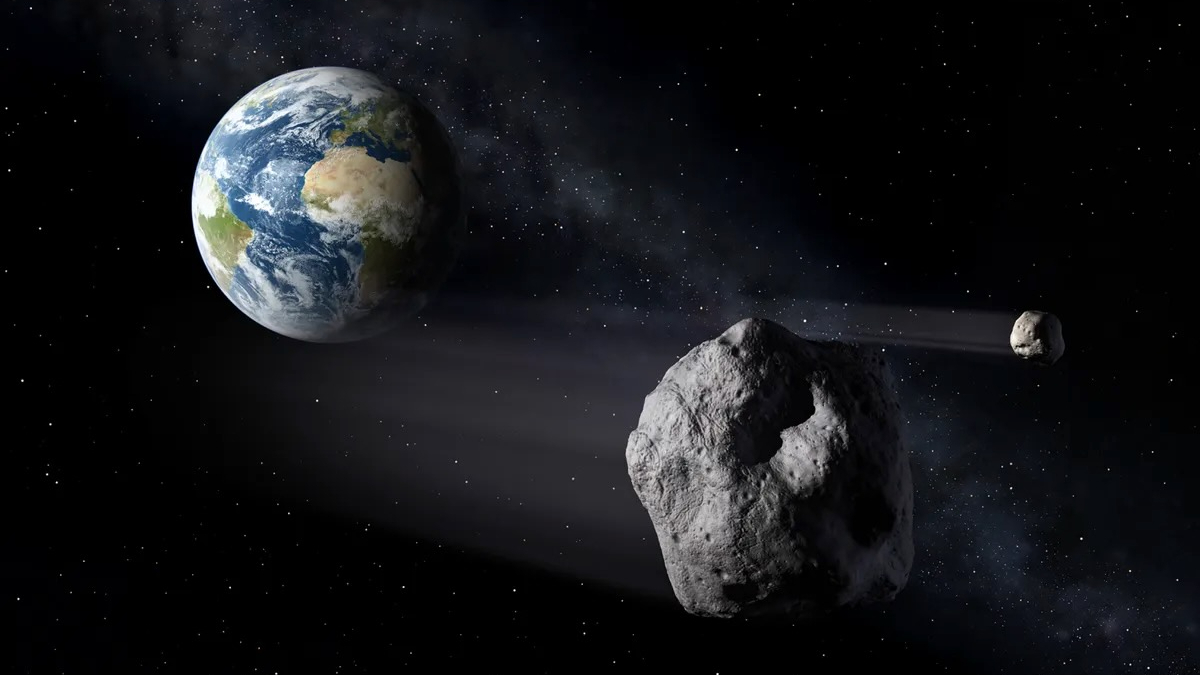Celebrate Earth Day 2019 with This Animated Google Doodle
Breaking space news, the latest updates on rocket launches, skywatching events and more!
You are now subscribed
Your newsletter sign-up was successful
Want to add more newsletters?

Delivered daily
Daily Newsletter
Breaking space news, the latest updates on rocket launches, skywatching events and more!

Once a month
Watch This Space
Sign up to our monthly entertainment newsletter to keep up with all our coverage of the latest sci-fi and space movies, tv shows, games and books.

Once a week
Night Sky This Week
Discover this week's must-see night sky events, moon phases, and stunning astrophotos. Sign up for our skywatching newsletter and explore the universe with us!

Twice a month
Strange New Words
Space.com's Sci-Fi Reader's Club. Read a sci-fi short story every month and join a virtual community of fellow science fiction fans!
Happy #EarthDay 2019! 🌎🌍🌏 Learn about 6 amazing organisms from around the world & their earthly superlatives in today's #GoogleDoodle! → https://t.co/JAwAtt4xs3 pic.twitter.com/Y59fOUDaC9April 22, 2019
Earth is one of thousands of planets known to date — but it's the only world we know of that hosts life, and that's worth celebrating.
To mark Earth Day, held every year on April 22, today's Google Doodle highlights just six of the incredible types of living organisms that make a home on our planet. Specifically, the team chose to focus on "superlative" plants and animals.
"The last thing I wanted to do was feature animals based on their cuteness or how they might appeal in some way to my mammalian sensibilities," lead artist Kevin Laughlin said in an interview posted with the doodle. "All life is incredible and worth celebrating."
Related: How Space Exploration Can Teach Us to Preserve All Life on Earth
The doodle highlights the wandering albatross, the coastal redwood, a tiny frog called Paedophryne amauensis, the Amazon water lily, the ancient fish species called a coelacanth and a pale insect called the deep cave springtail.
In each case, a short animation shows what sets the creature apart from others, from a particularly grueling migration to living deep below the Earth's surface. (That said, organisms shouldn't need to be superlative to merit respect or curiosity; they still play a key role in their ecosystem.)
NASA is celebrating Earth Day too, asking for social media users to send in photographs of their part of the natural world. The agency will turn the submissions into photo collage and video products to mark the occasion.
Breaking space news, the latest updates on rocket launches, skywatching events and more!
- NASA's Best Earth-from-Space Photos by Astronauts in 2017 (Gallery)
- Earthrise: 50 Years Ago Today, Apollo 8 Changed Humanity's Vision of Earth Forever
- Photos: Amazing Images of Earth from Space
Email Meghan Bartels at mbartels@space.com or follow her @meghanbartels. Follow us on Twitter @Spacedotcom and on Facebook.

Meghan is a senior writer at Space.com and has more than five years' experience as a science journalist based in New York City. She joined Space.com in July 2018, with previous writing published in outlets including Newsweek and Audubon. Meghan earned an MA in science journalism from New York University and a BA in classics from Georgetown University, and in her free time she enjoys reading and visiting museums. Follow her on Twitter at @meghanbartels.

